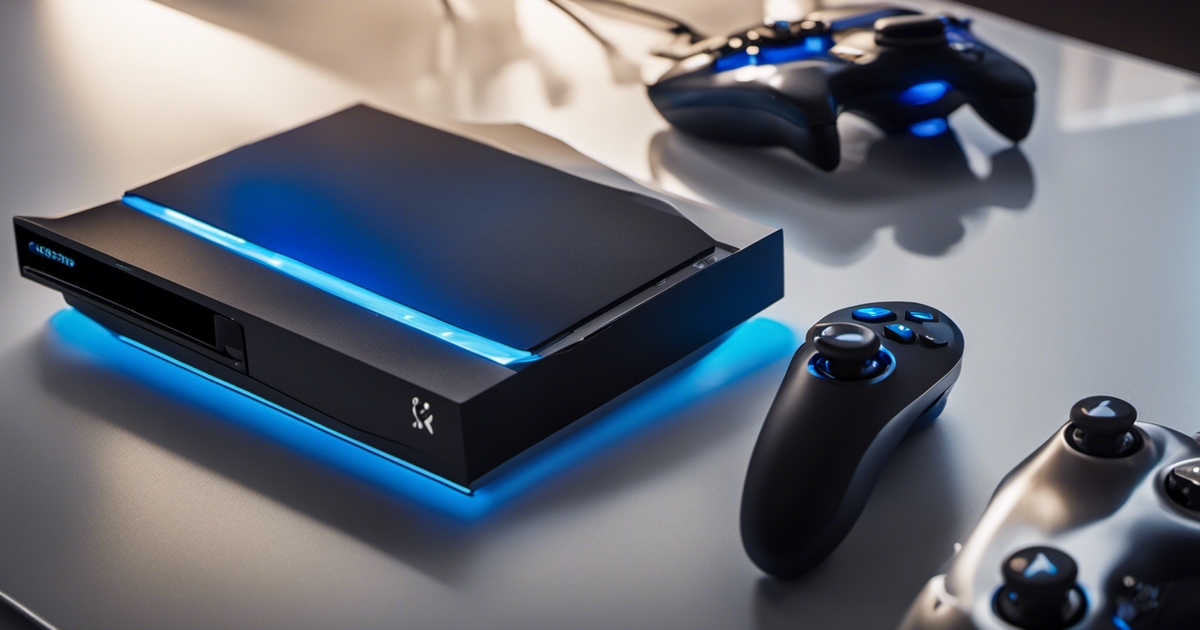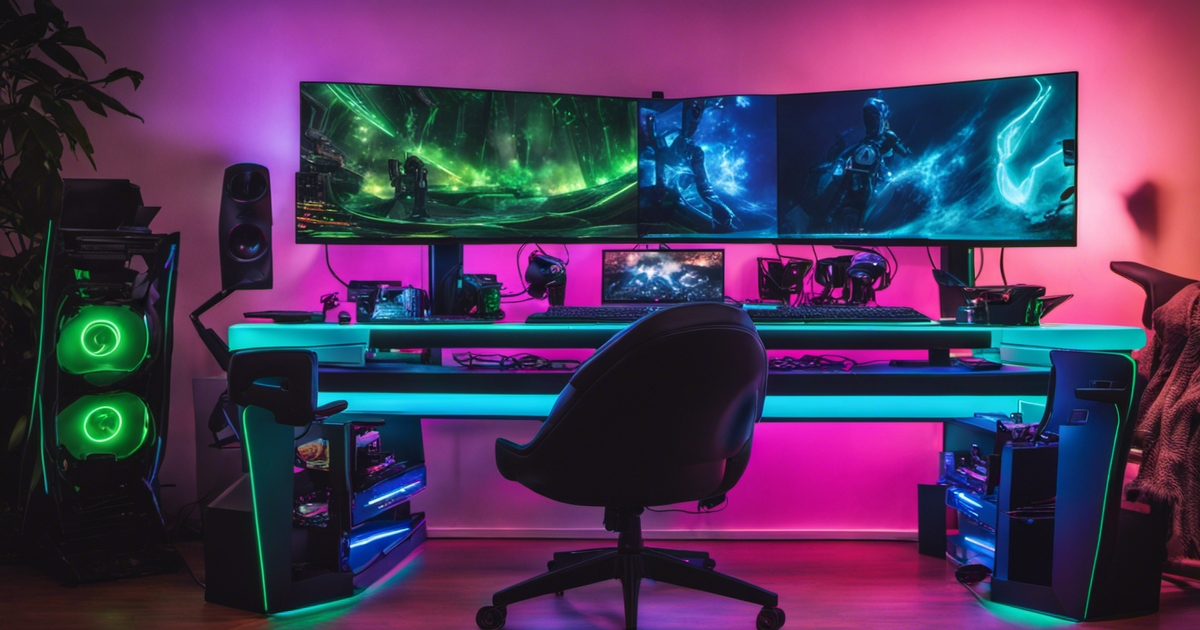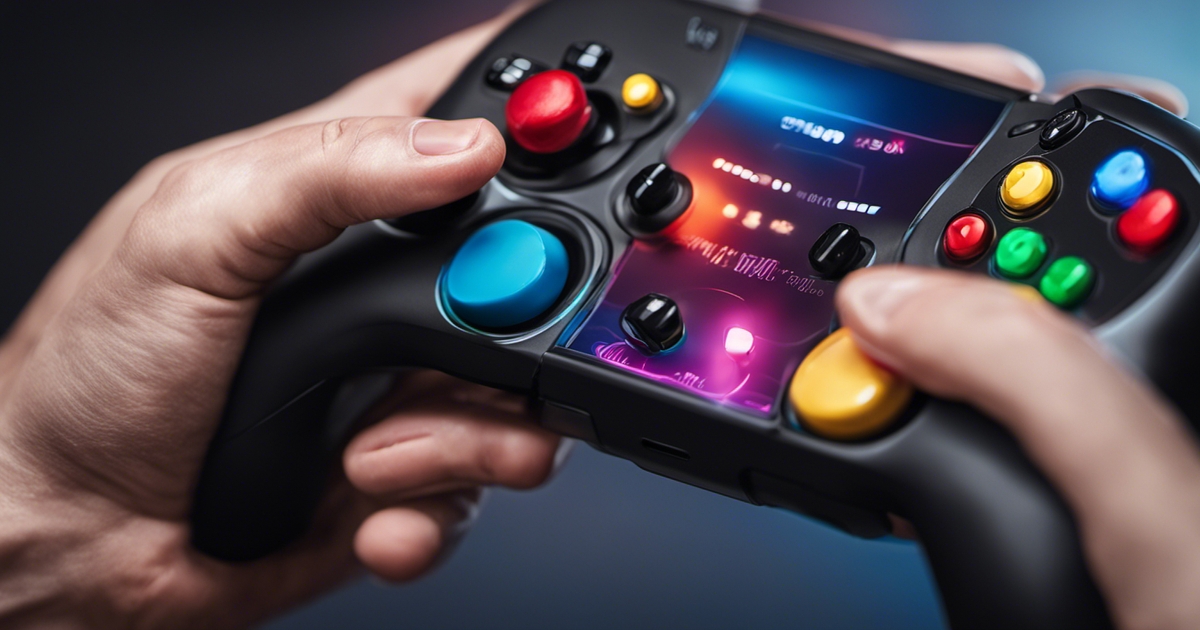What are Gaming Platforms: A Comprehensive Guide

- What Are Gaming Platforms?
- Types of Gaming Platforms: PC, Console, Mobile
- Comparison of the Major Gaming Platforms
- Which Gaming Platform is The Most Popular?
- Conclusion: Understanding Gaming Platforms
Imagine a time when the only way to play video games was through arcade machines or bulky consoles. Fast forward to today, and we find ourselves immersed in a diverse and ever-evolving world of gaming platforms. From classic titles like Mario to cutting-edge graphics and gameplay, gaming platforms have come a long way.
In this post, we’ll explore what gaming platforms means, what the major gaming systems are, and which gaming platform is the most popular.
What Are Gaming Platforms?
Gaming platforms, also known as gaming systems, are devices that allow users to play video games. These platforms can range from traditional gaming consoles like the PlayStation, Xbox, and Nintendo Switch, to PC gaming setups, mobile gaming devices, and even virtual reality systems.
Each gaming platform offers its own unique features, game library, and user experience, catering to different preferences and gaming styles. With the advancement of technology, gaming platforms continue to evolve, providing more immersive and interactive gaming experiences for players around the world.
Types of Gaming Platforms: PC, Console, Mobile
There are three major types of gaming platforms: PC, console, and mobile.
PC gaming offers a wide range of customization options and high-quality graphics, making it a popular choice for serious gamers.
Console gaming, on the other hand, provides a more user-friendly and consistent gaming experience for players, with exclusive titles and seamless integration with entertainment systems on popular video game platforms.
Mobile gaming has become increasingly popular due to its accessibility and convenience, allowing gamers to play on the go using their smartphones or tablets.
Each platform offers unique advantages and caters to different gaming preferences, making it important for gamers to consider their needs and preferences when choosing a gaming platform.
Next, let’s go over each type of gaming platform.
PC Gaming Platform

PC gaming refers to the act of playing video games on a personal computer (PC).
PC gaming offers a wide range of benefits, including superior graphics and performance, customizable hardware and software, and access to a vast library of games. Players can also take advantage of mods and user-generated content, as well as the ability to upgrade and modify their gaming setup to suit their preferences. PC gaming is a popular choice for many gamers due to its flexibility, power, and diverse gaming options.
Many PC gamers play games through digital distribution platforms like Steam, which provide a convenient way to access a vast library of games.
Console Gaming Platforms

Console gaming refers to playing video games on dedicated gaming consoles such as the PlayStation, Xbox, or Nintendo Switch.
These consoles are specifically designed for gaming and typically offer more advanced graphics, processing power, and exclusive game titles compared to other gaming platforms.
Gaming consoles offer plug-and-play convenience, allowing users to simply connect the console to a TV and start playing without complex setup procedures. This simplicity appeals to many gamers who prefer a hassle-free gaming experience.
Consoles boast exclusive game titles and franchises that are not available on other platforms, enticing gamers with unique content and experiences. For example, PlayStation offers popular titles like “God of War” and “Uncharted,” while Nintendo Switch features iconic games such as “The Legend of Zelda” and “Super Mario.
Overall, console gaming offers a unique and immersive gaming experience for players.
Mobile Gaming Platform

Mobile gaming refers to the playing of video games on mobile devices such as smartphones and tablets.
This form of gaming has become increasingly popular in recent years, thanks to the widespread availability of mobile devices and the convenience they offer for gaming on the go. Mobile gaming platforms offer the advantage of accessibility and portability, allowing gamers to play anytime, anywhere. Users can enjoy gaming on their smartphones, tablets, or other portable devices, eliminating the need for dedicated gaming consoles.
Mobile gaming encompasses a wide range of genres, from casual puzzle games to more complex and immersive multiplayer experiences. With the advancement of technology, mobile gaming has also seen significant improvements in graphics, gameplay, and overall gaming experience, making it a thriving and competitive industry within the larger gaming landscape.
The proliferation of casual and free-to-play games on mobile devices has expanded the market for mobile gaming. Players can easily access a wide range of games through app stores like Google Play Store or directly from game developers’ websites.
Comparison of the Major Gaming Platforms
Here is a neat table comparing different types of gaming platforms.
| Gaming Platform | PC | Console | Mobile |
|---|---|---|---|
| Graphics | High quality, customizable | High quality, fixed | Lower quality, limited customization |
| Performance | High performance, upgradeable | High performance, fixed | Lower performance, limited upgradeability |
| Controls | Keyboard/mouse or controller | Controller | Touchscreen or virtual buttons |
| Games | Wide variety, including exclusive titles | Wide variety, including exclusive titles | Wide variety, including exclusive titles |
| Price | Expensive initial investment, potential for frequent upgrades | Expensive initial investment, potential for occasional upgrades | Affordable initial cost, in-game purchases may add up |
| Portability | Not portable | Not portable | Highly portable |
| Online Connectivity | Stable, reliable | Stable, reliable | Dependent on internet connection |
| Multiplayer | Varied options, including LAN and online | Varied options, including LAN and online | Varied options, including online and local multiplayer |
Which Gaming Platform is The Most Popular?

When it comes to gaming systems, there are a few that stand out as the most popular among gamers. Undeniably, each type of gaming platform have all gathered a massive following, with each group considering their chosen platform the best choice.
Be careful not to step on any toes by saying controversial things like “Mobile gamers aren’t true gamers!”.
Anyway, here’s a quick ranking of the most popular gaming platforms:
- Mobile gaming platform: According to Statista, mobile gaming accounted for 45% of the global gaming market in 2020.
- PC gaming platform: Steam, the largest digital distribution platform for PC gaming, reported over 120 million monthly active users in 2021.
- Playstation Console: Sony’s Playstation 4 was the best-selling gaming console worldwide in 2020, with over 113 million units sold.
- Xbox Console: Microsoft’s Xbox Series X and Series S saw record-breaking sales in 2020, making it a popular choice among gamers.
- Nintendo Console: The Nintendo Switch has sold over 89 million units as of September 2021, solidifying its position as a popular gaming platform.
Conclusion: Understanding Gaming Platforms
So there you have it, a comprehensive look at gaming platforms. From PC and console to mobile, we’ve covered the ins and outs of each type.
Whether you’re a hardcore gamer or just starting out, understanding these platforms will help you make informed choices about your gaming experiences. Found any special platform that speaks out to you? Share your thoughts in the comments!
FAQs
What factors should I consider when choosing a gaming platform?
When choosing a gaming platform, consider factors such as the types of games available, performance capabilities, online features, and exclusive titles. Think about what kind of gaming experience you want and which platform aligns best with your preferences.
Are there cross-platform games that can be played across different gaming platforms?
Yes, many modern games support cross-platform play, allowing players on different gaming platforms to play together. However, not all games offer this feature, so it’s essential to check for cross-platform compatibility before making a purchase.
How important is backward compatibility when selecting a console gaming platform?
Backward compatibility can be crucial for gamers who want access to older titles from previous console generations. If playing classic games is important to you, choosing a console with robust backward compatibility could significantly enhance your gaming experience.
What are some key differences between PC and console gaming platforms?
PCs offer more customization options and typically have better graphics capabilities for gaming compared to consoles. On the other hand, consoles often provide a more streamlined and user-friendly experience for gamers who prefer plug-and-play simplicity.
Can I use my mobile device as a viable alternative for traditional gaming platforms?
Mobile devices have become increasingly capable in terms of gaming performance and offer convenience for on-the-go gameplay. While they may not fully replace traditional platforms for all types of games, mobile devices can certainly serve as an accessible option for casual gamers or those looking for portable entertainment.
